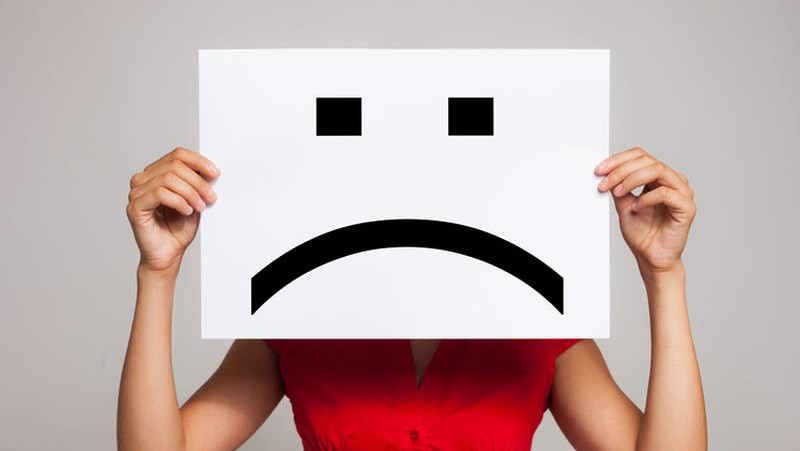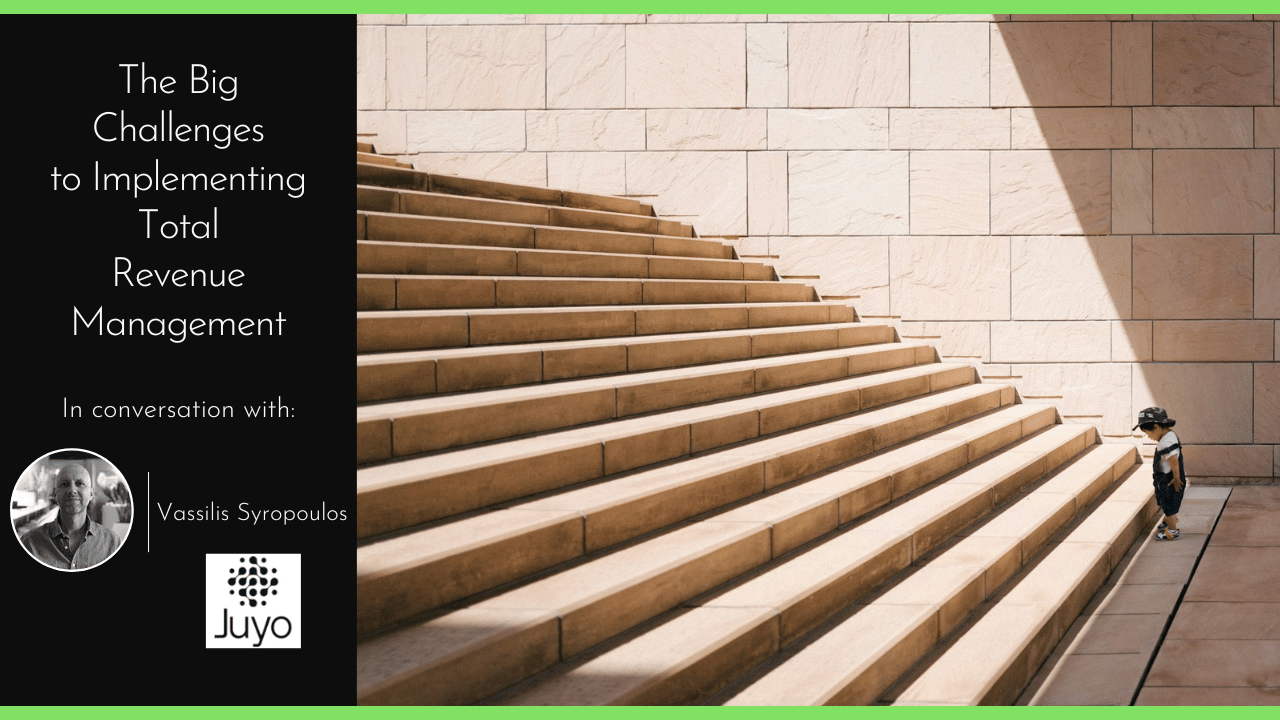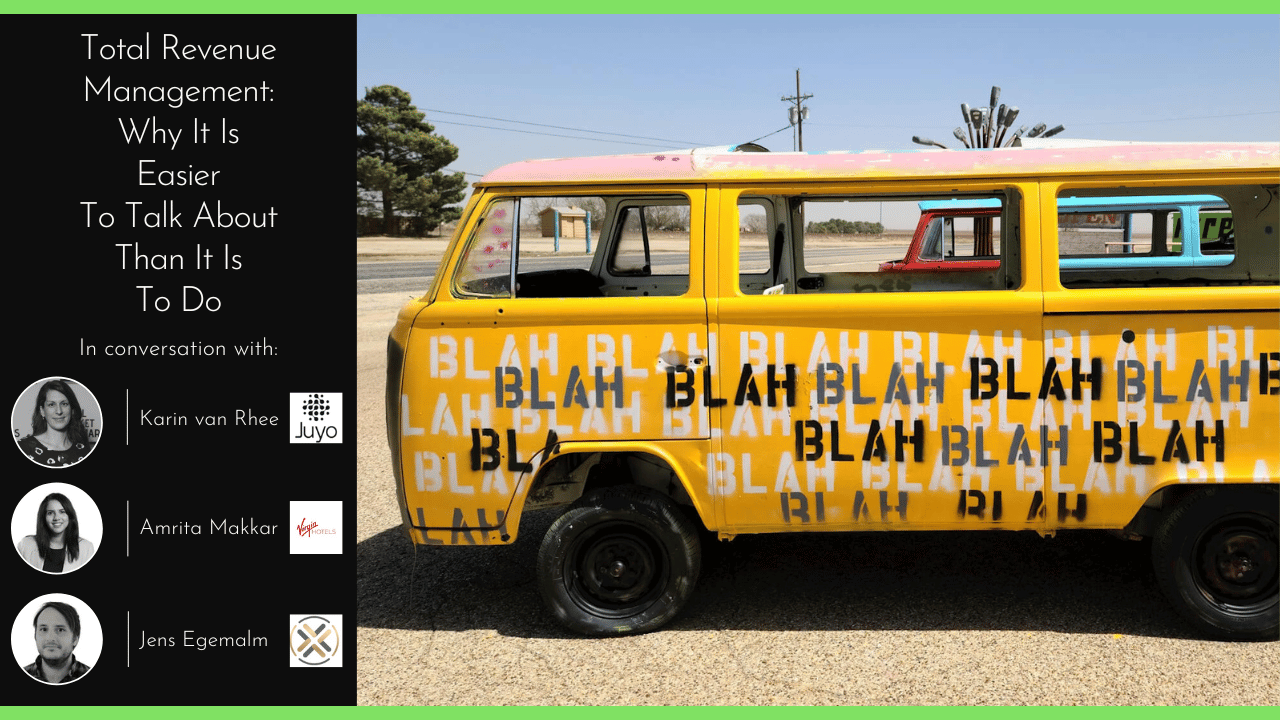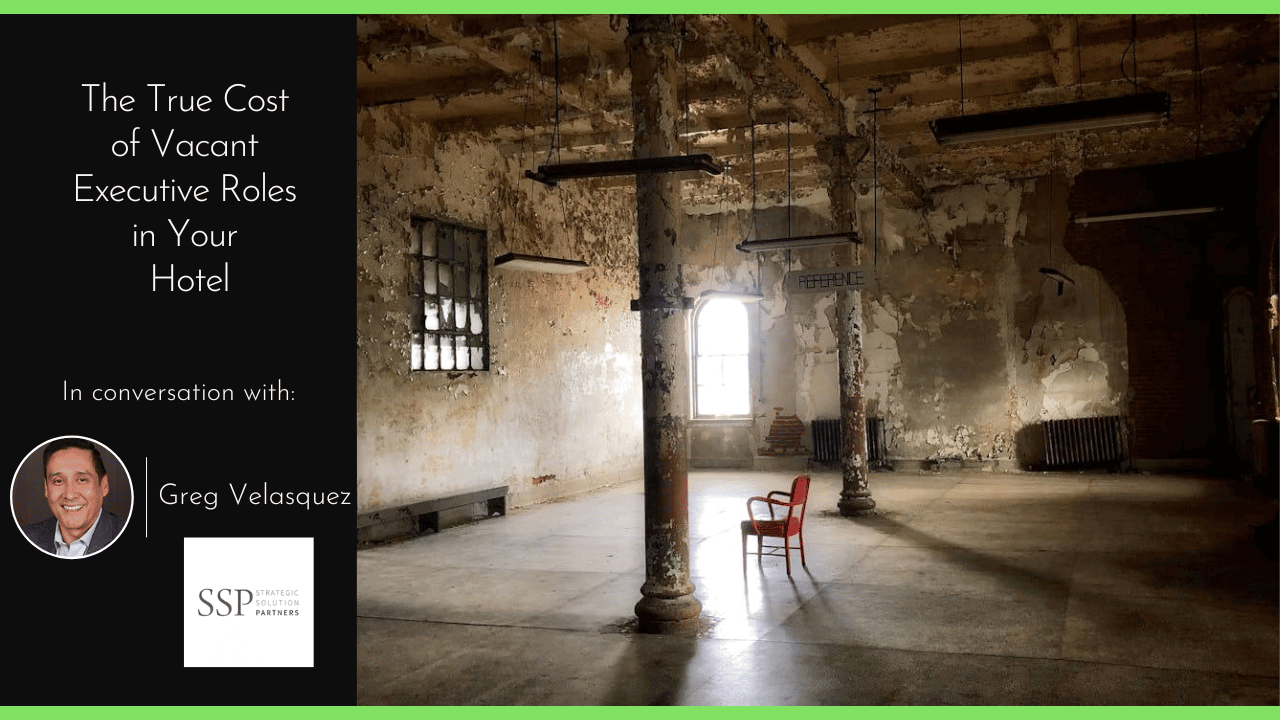
These days, hotel and resort operators are feeling more and more heat from their owners to move the needle on ancillary revenue. RevPAR growth has dramatically slowed down to a pace that appears to be a new normal, finally joining the lukewarm growth trend that has famously hit so many other sectors of the economy for so long. But hotels have taxes to pay and debt to service, and will have to find that profit somewhere else. The good news/bad news aspect of the story is that, thanks to improved automation and the sheer necessity brought about by the Great Recession, hotel operators have gotten extremely good at cost control. That’s good news! But the bad news is that there are no longer many places to go to find more savings, especially not anything guest facing in the age of Trip Advisor.
But back in the good news column is the revelation that the cost controls have made certain parts of the business more profitable than was previously thought possible. Casino hotels are discovering traditional revenue streams that now rival the profitability of gaming revenue, and are taking a fresh look at how they assign a value to their patrons. One example of such a revenue stream that emerges–without massaging any numbers–is spa. Given the particular complexities of running a spa operation, if the outcome was possible there, then other activity types are likely to yield similar results as they mature. So, thanks to these changing industry fundamentals, rather than their traditional perception as loss leaders, activity bookings are becoming the new darlings of the balance sheet.
Gaining Experience with the Experience Economy
It has now been a few years since a Harris Research study commissioned by Eventbrite first put numbers behind the undeniable emergence of an “Experience Economy” fueled by Millennials. Their research uncovered what now seems very common knowledge: that they would much rather spend on experiences over things, that they disproportionately suffer from “FOMO” (the fear of missing out), and that they feel that if an event hasn’t been posted to social media, then it might as well not have happened. So many articles and conference presentations continue to refer to Millennials with an air of condescension. After all, who do these kids think they are? Well, according to Pew Research, for two years now, these “kids” have been the largest generation in the workforce. These “kids” are on track to become fully half of that workforce by 2020. The oldest of these “kids” are now pushing forty, and have paid off their student loans long ago.




